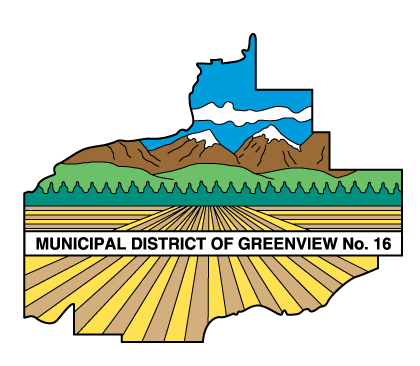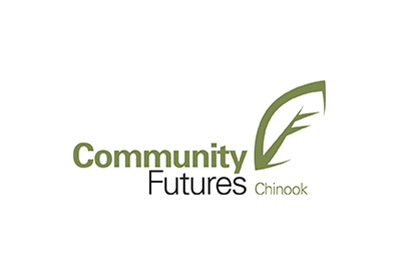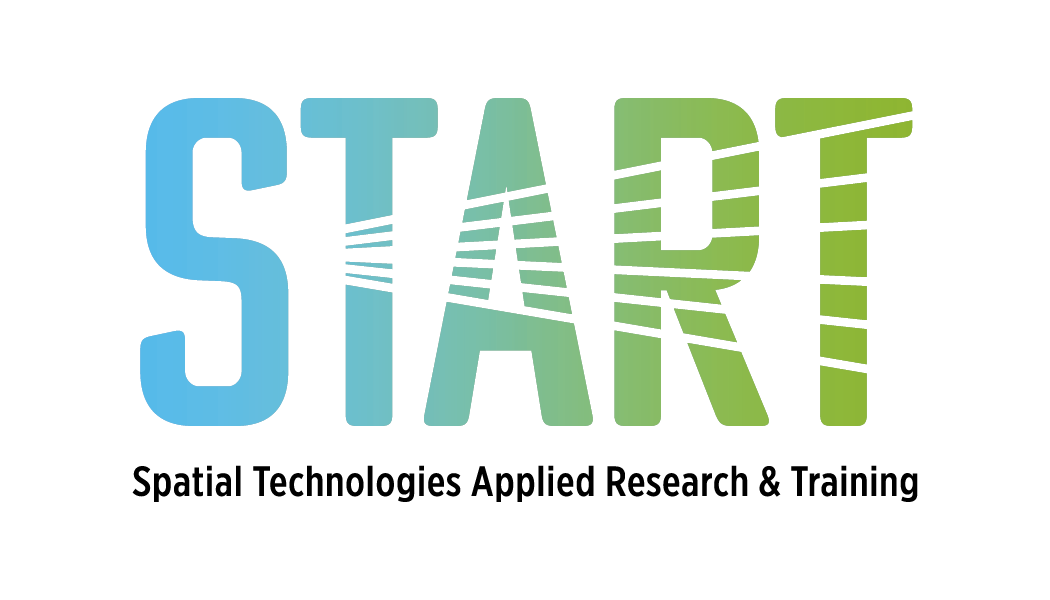 Our Research
Our Research
Spatial technologies and media such as virtual and augmented reality can be used by industry to realize cost savings, enhance collaboration, and increase safety. Despite consumer popularity, many organizations have not been exposed to the capabilities of these spatial technologies, while others lack the in-house expertise to develop and implement immersive experiences.
The Spatial Technologies Applied Research and Training (START) initiative was created to partner with Alberta-based organizations to apply Virtual Reality (VR) and Augmented Reality (AR) technologies to solve challenges in key Alberta sectors, including agriculture, energy, architecture, health care, cultural heritage and emergency response.
START will work with its partners to enable them to:
- conduct partnership-based applied research projects that solve real-world problems using spatial technologies;
- develop spatial technologies that can be commercialized;
- integrate spatial technologies into business models and workflows;
- access cutting-edge XR technology, expertise and best practices; and
- provide experiential learning opportunities to Lethbridge College students and grads.
Researchers work closely with students and grads from the Virtual & Augmented Reality and Architectural Animation Technology programs.
News & Stories
- Lethbridge College joins Metaverse Standards Forum as Principal Member
- Battle of Belly River examined through virtual reality lens
- Virtual experience brings Grande Cache tourists face-to-face with dinosaurs
- Why your company might want to consider meeting in the metaverse
- Lethbridge College receives over $1.3 million in federal research funding
- Merging Realities Returns to Show Real World VR Applications
- Wider Horizons Winter 2021: Building a VR experience for caregivers
- Wider Horizons Spring 2020: Virtual Virtuoso
- Following their footsteps
- Lethbridge College research chair wins big at MIT hackathon
- Lethbridge College appoints first applied research chair in VR/AR
- Virtual reality training for real life: Research project brings VR to Justice Studies
- College to host world’s first full-day VR conference held in virtual reality
- Lethbridge College joins global VR association
Meet Our People
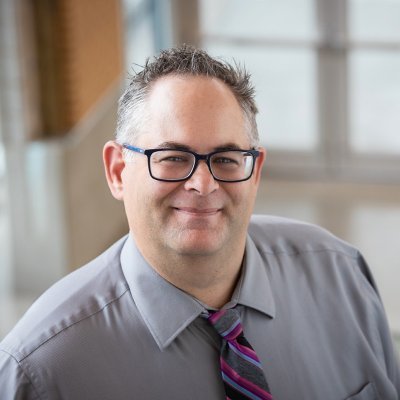
Mike McCready, MSc
Industry Liaison & Research Advisor, START
Mike McCready is educator and researcher with a focus on immersive technologies such as virtual and augmented reality.
He has over 20 years of development and is driven to explore new technologies and understand their application within business and society. He introduced one of the first VR development courses at Lethbridge College in 2016 when he taught students to develop mobile VR games. One of Mike’s focuses is the social interactions made possible with VR and has planned and facilitated numerous social VR activities that have garnered national and international attention, included the world’s first full-day conference held in VR – Merging Realities.
Mike has a Master of Science in Digital Arts from the University of Kent. His master’s research focused on developing an asymmetric mixed reality experience that connects users in Virtual Reality (VR), Augmented Virtuality (AV), and 2D (PC) in a shared collaborative experience to evaluate how to equally engage non-VR users. This study may provide important insights and provide a foundation for developing a multi-user collaborative experience that can scale and accommodate a variety of devices and number of participants.
Direct: (587) 257-0872
Email: [email protected]
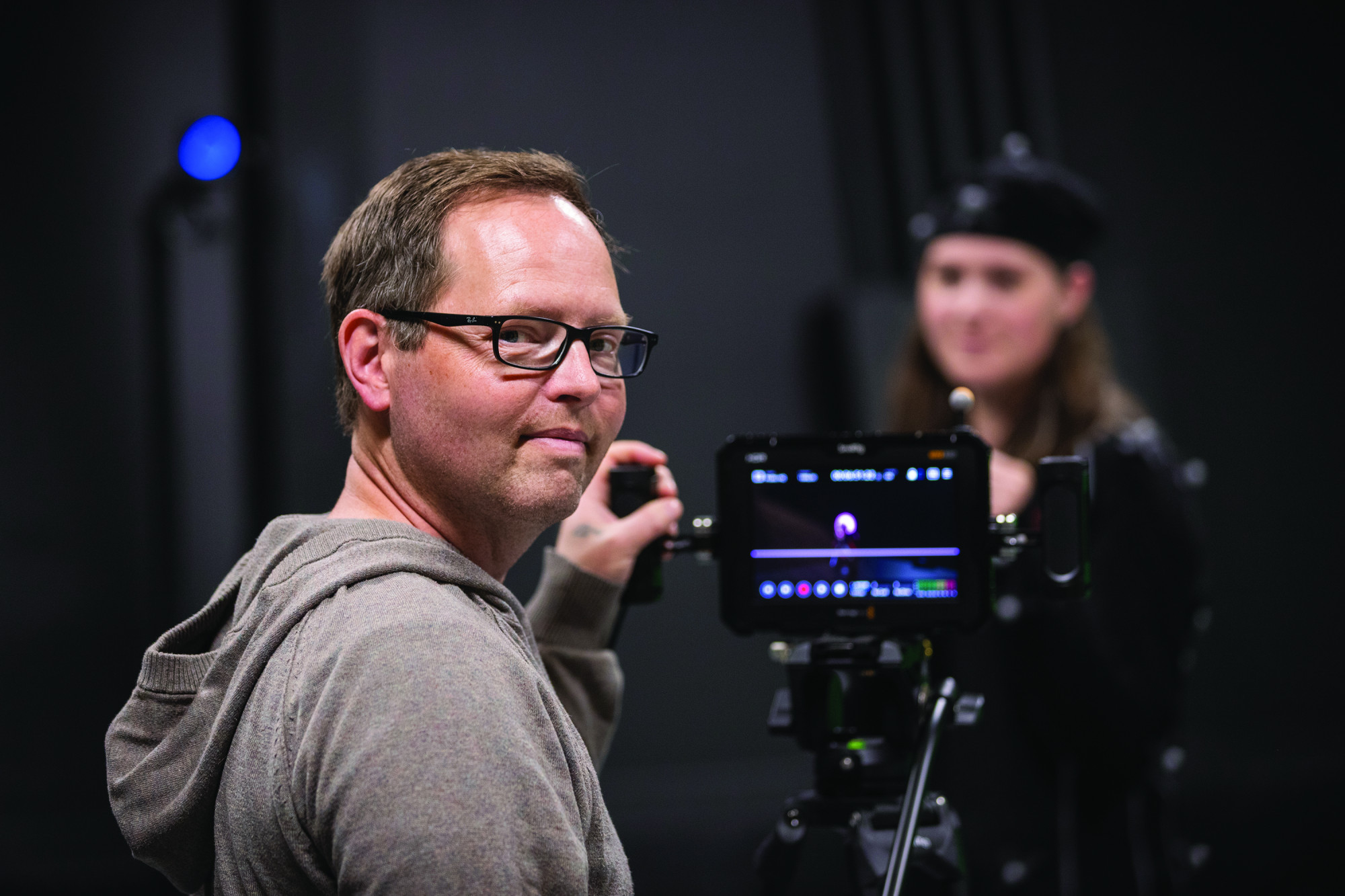
Tyler Heaton, MFA
Industry Liaison & Research Advisor, START
Tyler Heaton was a spatial media and technologies instructor and now focuses on the role of a technician, and researcher who is passionate about the transformational potential of virtual, augmented, and mixed reality applications.
With a background in digital media production, Tyler is exploring the how spatial media technologies are redefining knowledge transfer, interaction, and storytelling across multiple industries from education and health care to games and entertainment. His research interests include spatial audio, immersive narrative, and interaction in XR experiences.
Tyler has a Master of Fine Arts New Media from the University of Lethbridge. His thesis project focused on participation and narrative in virtual reality experiences.
Direct: (403) 320-3202 ext. 5612
Email: [email protected]
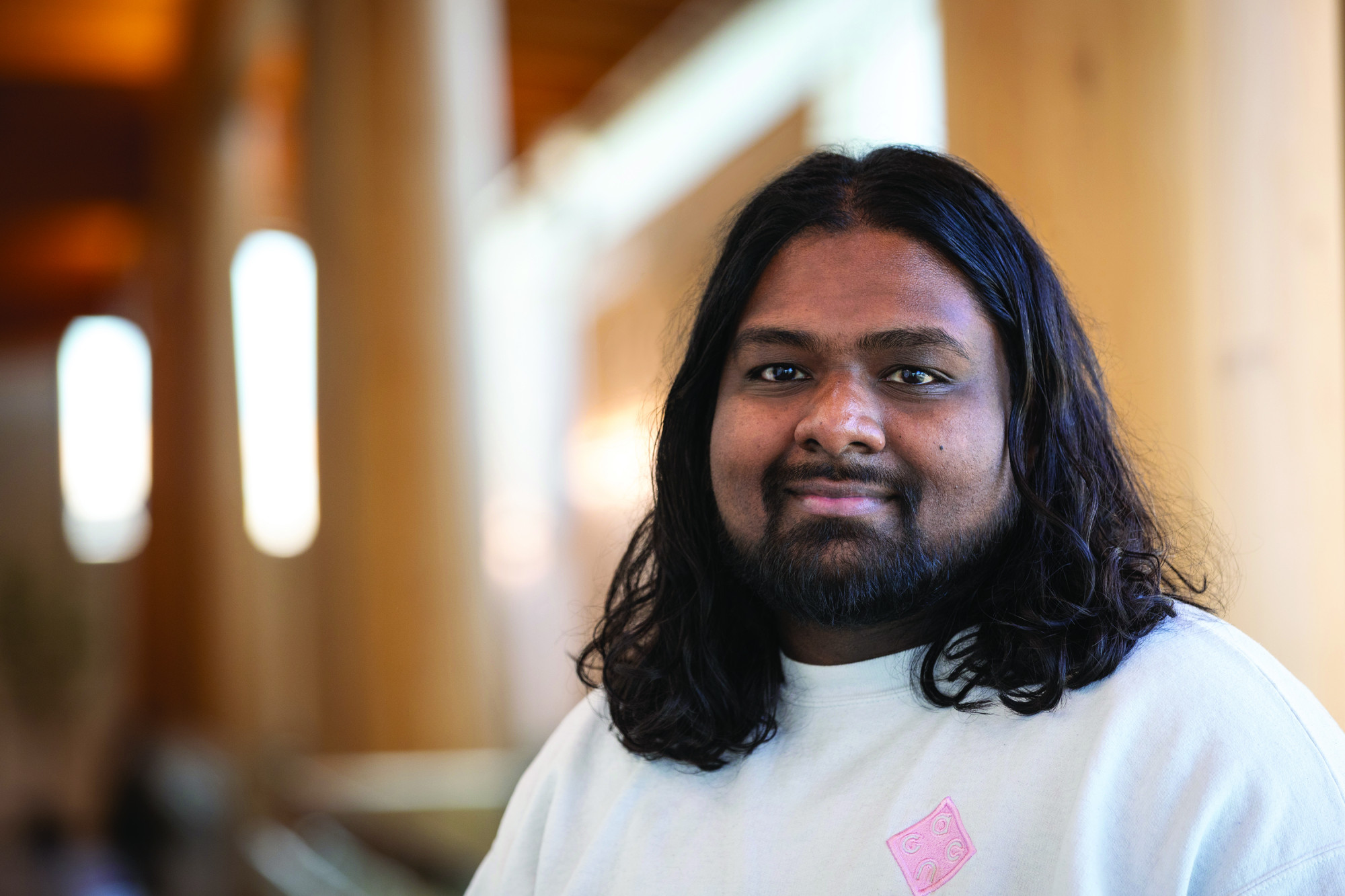
Sujan Sooriyakumar
Senior Unity Developer
Sujan Sooriyakumar (he/him) is a lifelong gamer turned Game Developer with expertise in VR and AR development. His game development expertise, along with his thirst for knowledge, has led him to exploring the intersectionality between video games and research. He has spent the last several years learning how to develop applications that can be used for educational purposes, while maintaining a gamified approach.
Outside of research, Sujan is interested in video games (as you might have guessed), social justice issues, and basketball (Go Raptors!). Sujan has an Advanced Diploma from Humber College in Game Programming.
Direct: (416) 705-0399
Email: [email protected]
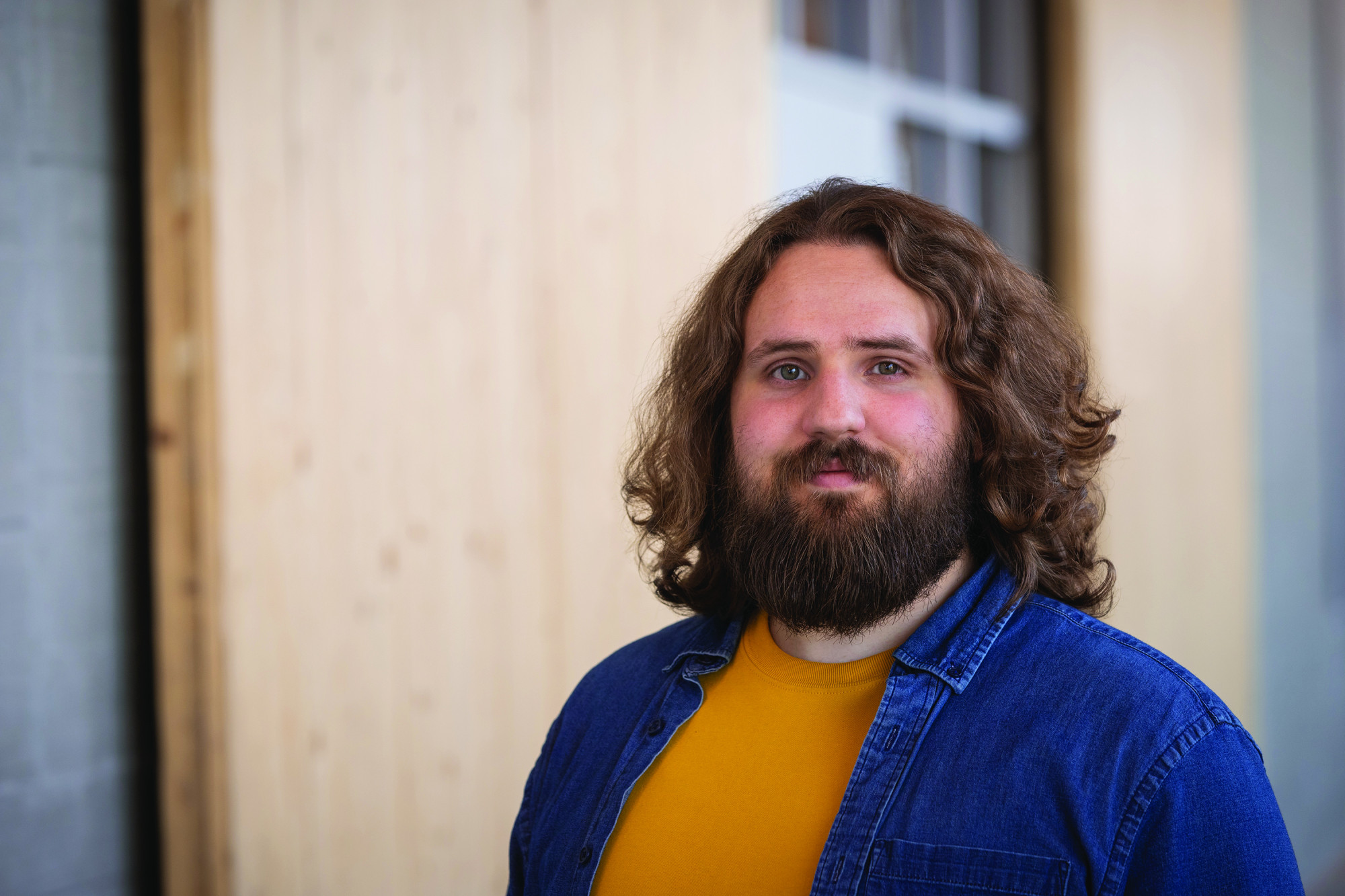
Austin Hatch
Junior XR Developer
Austin has a certificate in Virtual and Augmented Reality and a diploma in Multimedia Production from Lethbridge College.
Starting with a desire to work in character and environment design for the video game and entertainment industry, he cultivated a passion for emerging technologies.
Since deciding to make VR and AR development his field of focus, Austin has had the opportunity to work with theatre companies and indie developers on several projects, primarily in asset development. His main interests in XR technology are architectural and cultural heritage preservation and immersive storytelling.
Email: [email protected]
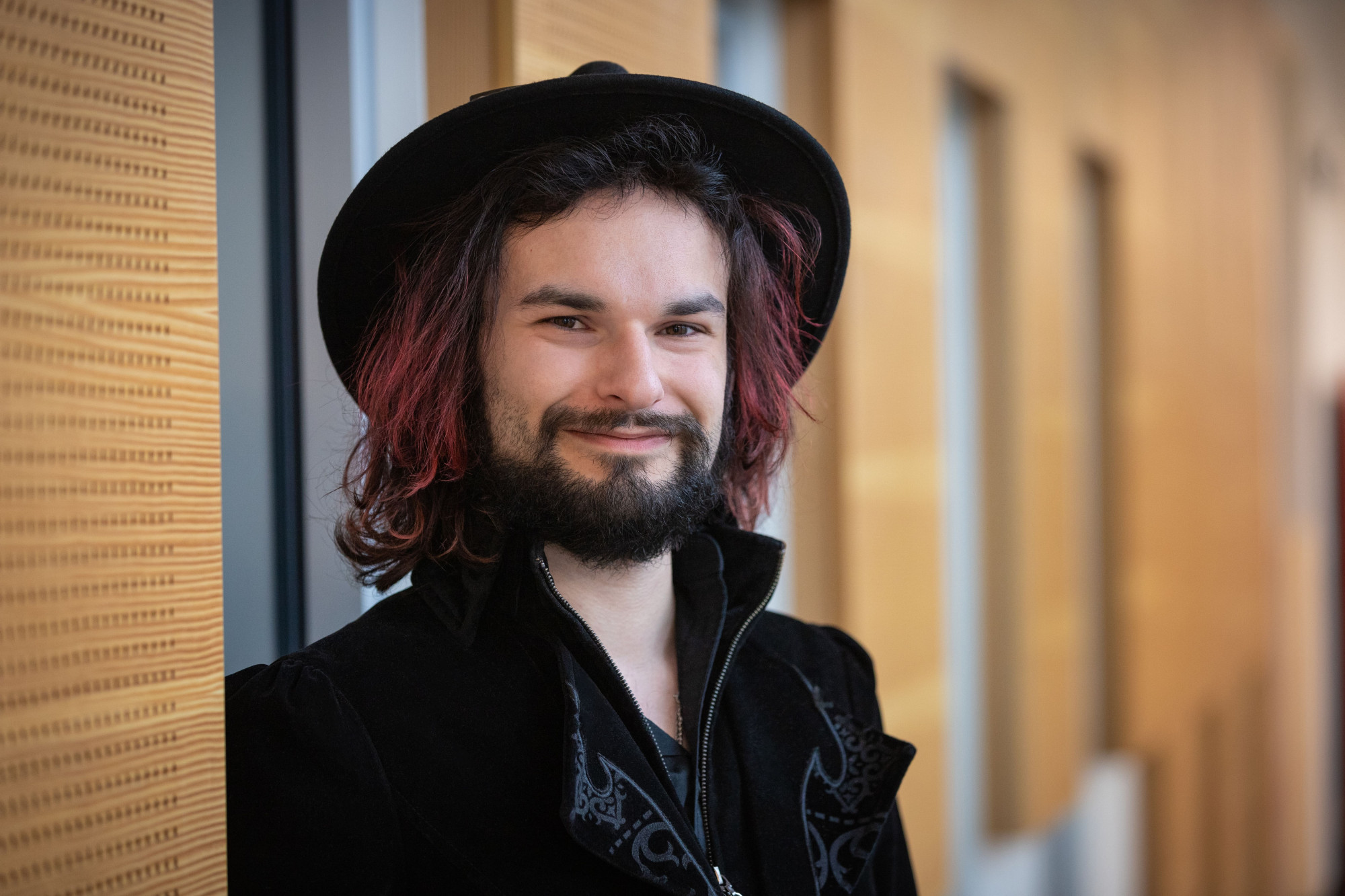
Raphael Aubut
Research Intern XR Developer
Raphael has a certificate in Virtual and Augmented Reality from Lethbridge College and also has a Bachelor's degree in Administration specializing in HR. He has always stayed up to date with technology and realizes the potential of using spatial technology in training. As a result, he decided to dedicate his time and effort to developing it. Raphael moved from Quebec to Lethbridge specifically to learn about this technology. He specializes in level design and considers himself a technical artist for the team.
Email: [email protected]
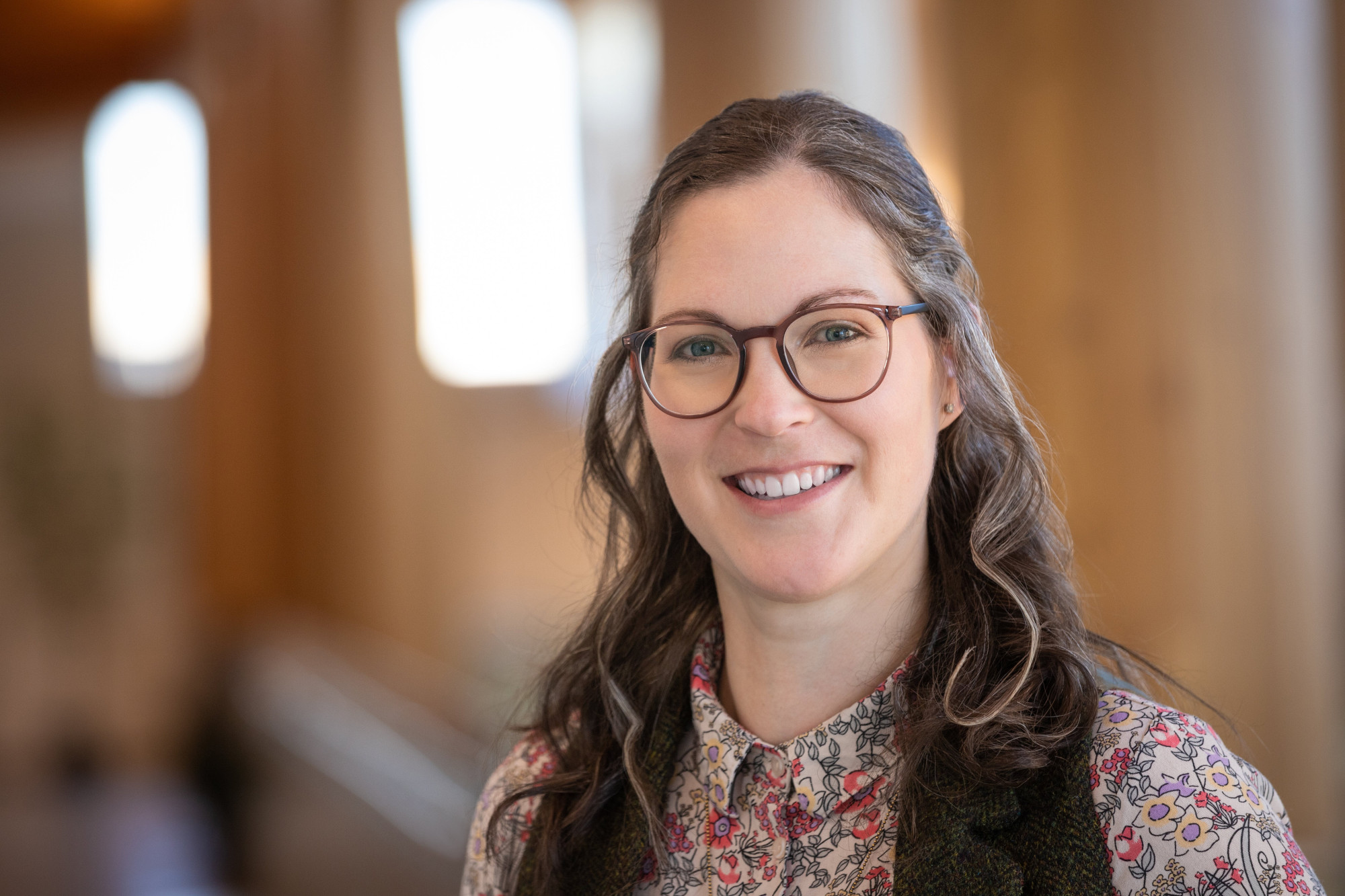
Anamaria Turuk, BFA
Applied Research Operations Officer CPSAR and START, Centre for Applied Research, Innovation & Entrepreneurship (CARIE)
Anamaria has a Bachelor of Fine Arts in New Media from the University of Lethbridge. In her role, she works closely with two centres: CPSAR and the START Centre. She supports project management, agreements and other operational tasks.
There is a close relationship between public safety and technology, so her background in design provides a valuable opportunity to support the visions of START, CPSAR and the agencies they work with. She really values being able to see research make a real-world difference.
Email: [email protected]
Past Student Researchers
Alex Mayer
- Grande Cache Dinosaur AR Experience
Benjamin Bennett
- Grande Cache Dinosaur Track VR Experience
Brendan Anderson
- Wind Turbine Technician Torquing Lab VR Prototype
- VR Irrigation Experience
Devon Carlson
- Wind Turbine Technician Torquing Lab VR Prototype
Kaspar Frankish
- CareGiVR: Building Self-Efficacy in Dementia Care Through Immersive Education
Miranda Hubbard
- VR Irrigation Experience
Past Projects
CareGiVR: Building Self-Efficacy in Dementia Care Through Immersive Education
Alberta’s ageing population translates to a concurrent increase in dementia rates. Current training for caregivers is mostly limited to workshop delivery relying on traditional teaching methods with limited opportunity to develop competence through repetition.
Increased self-efficacy (The belief in our ability to meet challenges) has been linked to the reduction of caregiver stress. Caregiver stress affects not only caregivers but patients, employers and the health system. Self-efficacy is anticipated to improve resiliency in caregivers leading to improved patient-caregiver interactions, enhanced continuity of care and economic benefits for the health care system.
The CareGiVR project creates highly realistic virtual reality scenarios, using unique virtual patients, who can demonstrate a thorough range of emotions produced through performance (motion & facial) capture. Caregivers can practice responses in a variety of scenarios, receive immediate performance feedback and repeat as necessary for ongoing iterative learning without the costs and logistical challenges of a facilitated workshop.
Industry partners: Red Iron Labs
Funding partners: Alberta Innovates
Researchers: Mike McCready, Tyler Heaton, Deb Bardock, Laura Vogelsang, Sheri Wright, Janice Anton, Nicole Forsyth
Wind Turbine Technician Torquing Lab VR Prototype
As part of the installation and maintenance of wind turbines, bolts must be properly torqued to exact specifications to ensure safe operation of the turbine. In order to torque properly, technicians must understand the type of bolts, types of torque wrenches, as well as the theory behind using torque on a nut to create the proper tension.
Improper use of torque wrenches could result in damaged equipment or physical injury. The Wind Turbine Technician program partnered with START to create a VR prototype that will allow students to practice the procedure of properly torquing bolts prior to working with physical tools.
Industry partners: Lethbridge College Wind Turbine Technician program
Grande Cache Dinosaur Track VR Experience
The Grande Cache Dinosaur Tracks are a visually spectacular natural feature that has preserved moments of the region’s history. This is the only known largescale exposure of dinosaur tracks in Canada. The unique characteristics and rarity of the site provides a great opportunity for increased tourism and economic development, however, due to several factors, including public safety, tours to the physical site are not feasible.
The MD of Greenview has partnered with the Royal Tyrrell Museum of Paleontology and Lethbridge College to create an immersive paleontologist experience, highlighting the dinosaur tracks site. Visitors will be able to learn about and visit this unique historical site in a way never possible before.
Industry partners: The MD of Greenview
Funding partners: The Government of Alberta
Researchers: Allyson Cikor, Mike McCready
VR Irrigation Experience
Irrigation systems in southern Alberta implement various technologies and are critical to for the prosperity and opportunities of the region. Despite this, the general public is often unaware of these systems. Community Future Chinook approached Lethbridge College to develop a VR experience that will raise awareness of irrigation systems in southern Alberta and the impact they have on the economy.
Industry partners: Chinook Community Futures
Researchers: Mike McCready, Allyson Cikor
Dissemination
Presentations
- Cikor, A., & McCready, M. (2021). Making the past accessible, VR/AR Association Global Summit Online
- McCready, M., & Fine, R. (2020). The promises and possibilities of VR in health, INVENTURES Unbound Online Conference
- McCready, M. (2020). Pivoting Education with Technology, VR/AR Association Global Summit Online
- Abernethy, A.L., Hallak, H., Smithson, J., Stevens, R. & McCready, M. (2019). Using VR and AR for Inclusion in Education, VRARA Global Summit, Vancouver, BC
- Anderson, M., Phillips, D., McCready, M., & Sahin, N. (2019). Selecting the First XR Use Case for Your School, XR in Learning Conference, Boston, MA
- Heaton, T. (2019). The future of media is spatial, Ed Tech Team Southern Alberta Summit 2019, Barnwell, AB
- McCready, M. & Smithson, A. (2018). Virtual conferences of the future, VRARA Global Summit, Vancouver, BC
- Heaton, T. (2018). Exploring levels of fidelity for virtual reality experiences design: A work in progress, Meeting of the Minds Conference 2018, ULGSA, Lethbridge, AB
- Heaton, T., & Hodgson, K. (2017). Virtual reality in the classroom, full-day workshop, Cybera Cyber Summit 2018, Banff, AB
- Heaton, T. (2017). Echoes of an imagined past, Crossing Boundaries Symposium 2017, Faculty of Fine Arts, University of Lethbridge, Lethbridge, AB
- Dymond, A. et al. (2014). Video games in education, SPARK Symposium 2014, University of Lethbridge, Lethbridge, AB
Reports and Publications
- Heaton, T. (as Neal Tyler). (2020). Narrative presence in virtual reality experiences – Thesis Support Paper, University of Lethbridge https://opus.uleth.ca/handle/10133/5768
Partners
Funding Partners
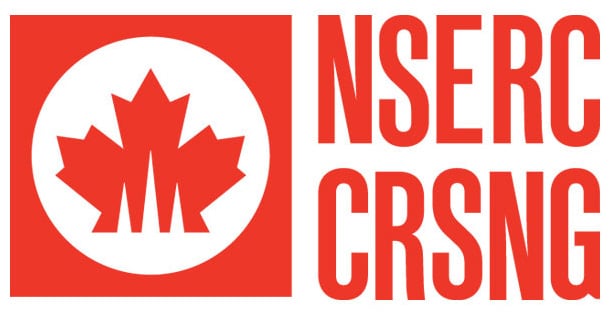

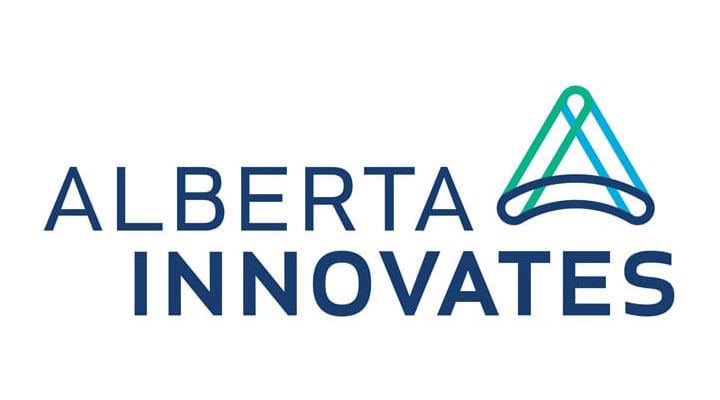
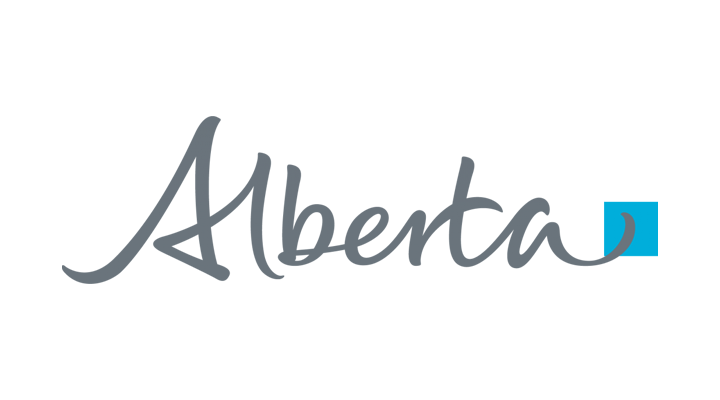
Industry Partners
